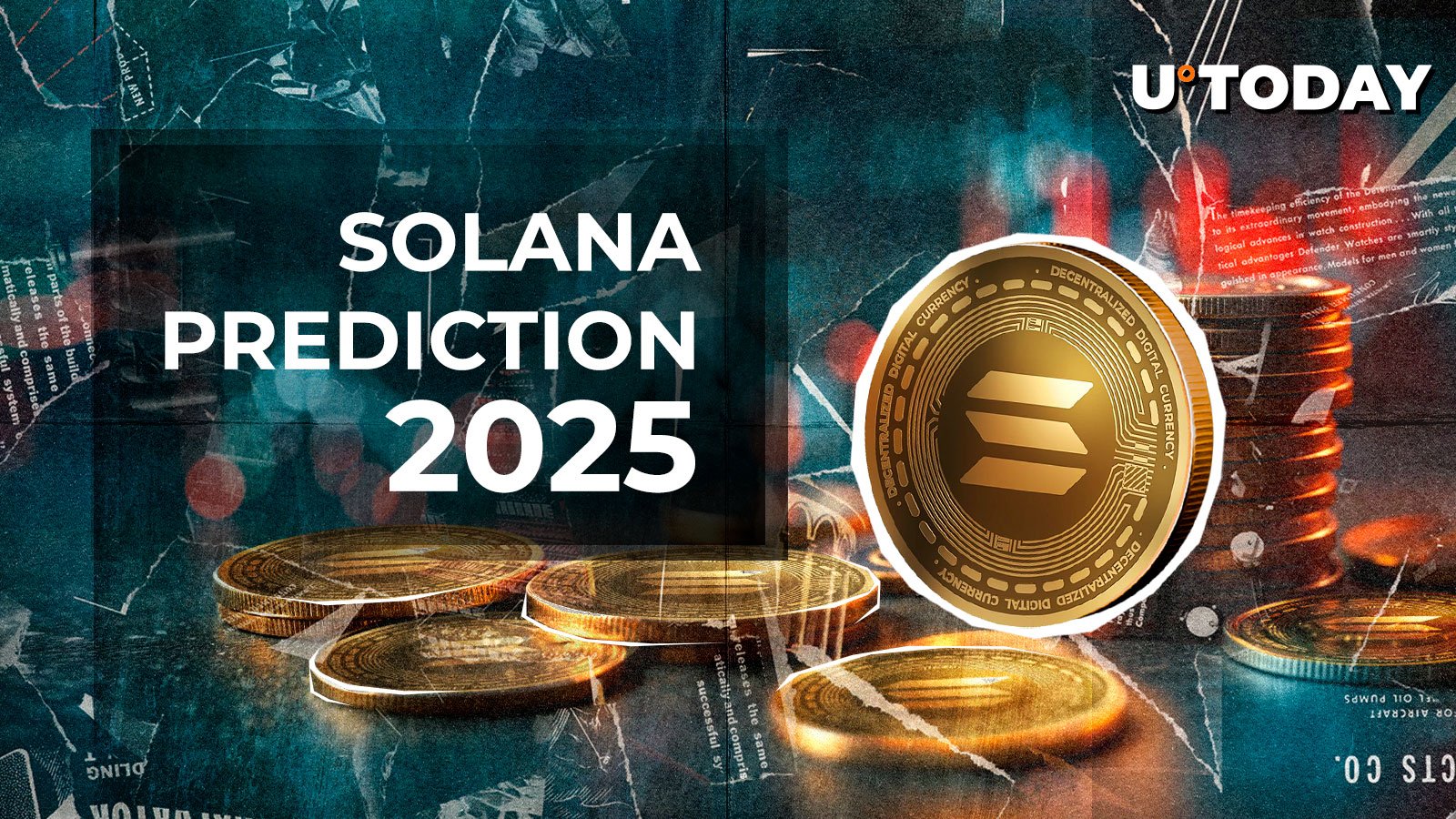
Introduction
Overview of Digital Currencies
The landscape of finance has been dramatically transformed by digital currencies. With the introduction of Bitcoin in 2009, a revolutionary technology known as blockchain emerged, paving the way for thousands of cryptocurrencies. Not only do they provide alternatives to traditional banking, but they also enable decentralized transactions, empowering users globally. These digital assets, ranging from Bitcoin to Ethereum, have garnered immense interest from investors and industries alike.
Significance of Digital Currencies in 2025
As we approach 2025, the importance of digital currencies is set to escalate. Major aspects to consider include:
- Increased adoption by mainstream businesses
- Integration with traditional financial systems
- Potential growth in decentralized finance (DeFi) applications
These factors suggest that digital currencies will play a crucial role in shaping the future of global finance, inviting more investors and innovators into the crypto space.

Bitcoin
History and Evolution
Bitcoin, established in 2009 by the pseudonymous Satoshi Nakamoto, marked the inception of the cryptocurrency phenomenon. Initially envisioned as a peer-to-peer electronic cash system, Bitcoin has evolved into a widely recognized store of value, often referred to as “digital gold.” Over the years, its community has grown significantly, fueled by innovations and increasing institutional acceptance.
Market Performance Forecast
Looking ahead, Bitcoin’s market trajectory is influenced by several factors:
- Institutional Investments: Major corporations, like MicroStrategy, continue accumulating Bitcoin, showcasing confidence in its value.
- Regulatory Context: Growing acceptance by governments may bolster mainstream adoption.
- Price Stability: As more investors view Bitcoin as a hedge against inflation, its price is projected to maintain upward momentum.
In 2025, Bitcoin is expected to remain a dominant player in the crypto space, backed by strong community support and innovative developments.

Ethereum
Smart Contracts and Decentralized Applications
Ethereum revolutionized the blockchain space by introducing smart contracts and decentralized applications (DApps). With its robust platform, developers can create complex agreements that execute automatically when certain conditions are met. This capability has led to the rise of numerous sectors, including DeFi, NFTs, and gaming. For instance, projects like Uniswap and OpenSea have thrived on Ethereum’s architecture.
Potential Growth Factors
Looking ahead, Ethereum’s growth hinges on several potent factors:
- Transition to Ethereum 2.0: This upgrade from a proof-of-work to a proof-of-stake consensus mechanism enhances scalability and lowers transaction costs.
- Expanding Ecosystem: Continuous innovations and the support of a vast developer community drive fresh projects and applications.
- Interoperability Trends: Cooperation with layer-2 solutions and other blockchains may enhance Ethereum’s utility and usage.
These elements position Ethereum to remain a critical player in the cryptocurrency market throughout 2025 and beyond.

Binance Coin
Utility and Use Cases
Binance Coin (BNB) serves multiple purposes within the Binance ecosystem, making it an essential asset for users. Initially created for discounted trading fees, BNB has evolved to support:
- Transaction Fees: Users can pay for trading fees on the Binance exchange with BNB at a discounted rate.
- DeFi and DApps: BNB powers the Binance Smart Chain, facilitating the development and deployment of decentralized applications (DApps) and DeFi projects.
- Token Sales: Users can participate in token sales on Binance Launchpad using BNB.
Exchange Developments
As the largest cryptocurrency exchange, Binance continually enhances its offerings. Recent developments include:
- Global Expansion: Binance’s strategic moves to secure licenses in different regions strengthen its global presence.
- Improved User Experience: Their ongoing commitment to advancing the trading platform ensures users benefit from a seamless interface and enhanced security measures.
- Innovative Financial Products: Binance is expanding its portfolio with futures, options, and staking services, making BNB even more relevant.
These advancements confirm BNB’s status as a resilient player in the evolving cryptocurrency landscape, poised for significant growth in 2025.

Cardano
Proof of Stake Mechanism
Cardano employs a Proof of Stake (PoS) consensus mechanism called Ouroboros, which prioritizes energy efficiency and sustainability. Unlike traditional Proof of Work systems, PoS reduces the carbon footprint significantly by allowing users to validate transactions based on the number of coins they hold and are willing to “stake.” This encourages more eco-conscious investing while enhancing security and scalability.
Projected Technological Advancements
Looking ahead, Cardano is gearing up for exciting technological advancements. Key developments to watch include:
- Enhanced Smart Contracts: Ongoing upgrades are expected to make smart contracts more robust, allowing developers to create advanced decentralized applications.
- Interoperability Features: Their focus on seamless connection with other blockchains signifies a broader impact in the ecosystem, enhancing utility across platforms.
- Partnerships and Integrations: Collaborations with academic institutions and industries will further propel Cardano’s growth and adoption.
These innovations position Cardano as a formidable player in the cryptocurrency market, promising long-term value and sustainability in 2025 and beyond.

Solana
Scalability and Transaction Speed
Solana stands out in the crypto landscape due to its impressive scalability and transaction speed. The blockchain can handle up to 65,000 transactions per second, significantly surpassing Ethereum and many other competitors. This high throughput, combined with minimal fees, has made Solana the preferred choice for developers building decentralized applications, especially in the gaming and DeFi sectors.
Ecosystem Expansion Plans
Looking forward, Solana is set to expand its ecosystem rapidly. Key initiatives include:
- Major Partnerships: Collaborations with leading platforms to enhance functionality and user experience.
- Developer Incentives: Programs that attract developers to build innovative applications on Solana.
- Focus on NFTs: Strengthening its position in the NFT space by launching dedicated marketplaces and tools.
These strategies place Solana in a strong position for growth in 2025, making it a cryptocurrency to watch closely.

Polkadot
Interoperability Features
Polkadot is designed with interoperability at its core, allowing multiple blockchains to communicate and operate seamlessly. Using its unique parachain architecture, developers can easily connect various independent blockchains, which fosters collaboration and innovation across the ecosystem. This feature sets Polkadot apart, as it enables developers to create specialized chains tailored to specific tasks while benefiting from shared security.
Cross-Chain Communication Potential
One of Polkadot’s standout capabilities is its cross-chain communication. This functionality allows data and assets to move freely between diverse blockchains, which unlocks new possibilities for decentralized applications. Key advantages include:
- Enhanced Functionality: DApps can leverage features from different chains, creating versatile and efficient applications.
- Improved Scalability: By decentralizing transactions across multiple parachains, network congestion is significantly reduced.
These features position Polkadot as a crucial player in the future of blockchain technology, and its continued expansion is set to make it a compelling investment in 2025 and beyond.

Conclusion
Summary of Top Digital Currencies
As we look towards 2025, several cryptocurrencies stand out due to their unique features and growth potential. Bitcoin, Ethereum, and Dogecoin remain at the forefront, with Solana and Polkadot making significant strides in scalability and interoperability. Each of these tokens plays a crucial role in shaping the future of the crypto ecosystem.
Considerations for Investments
When investing in cryptocurrencies, it’s essential to consider:
- Market Trends: Stay updated on the latest market developments.
- Risk Tolerance: Understand your comfort level with volatility.
- Long-Term Potential: Evaluate the project’s roadmap and use case.
With thorough research and a balanced approach, investors can capitalize on the opportunities presented in the ever-evolving cryptocurrency landscape.



